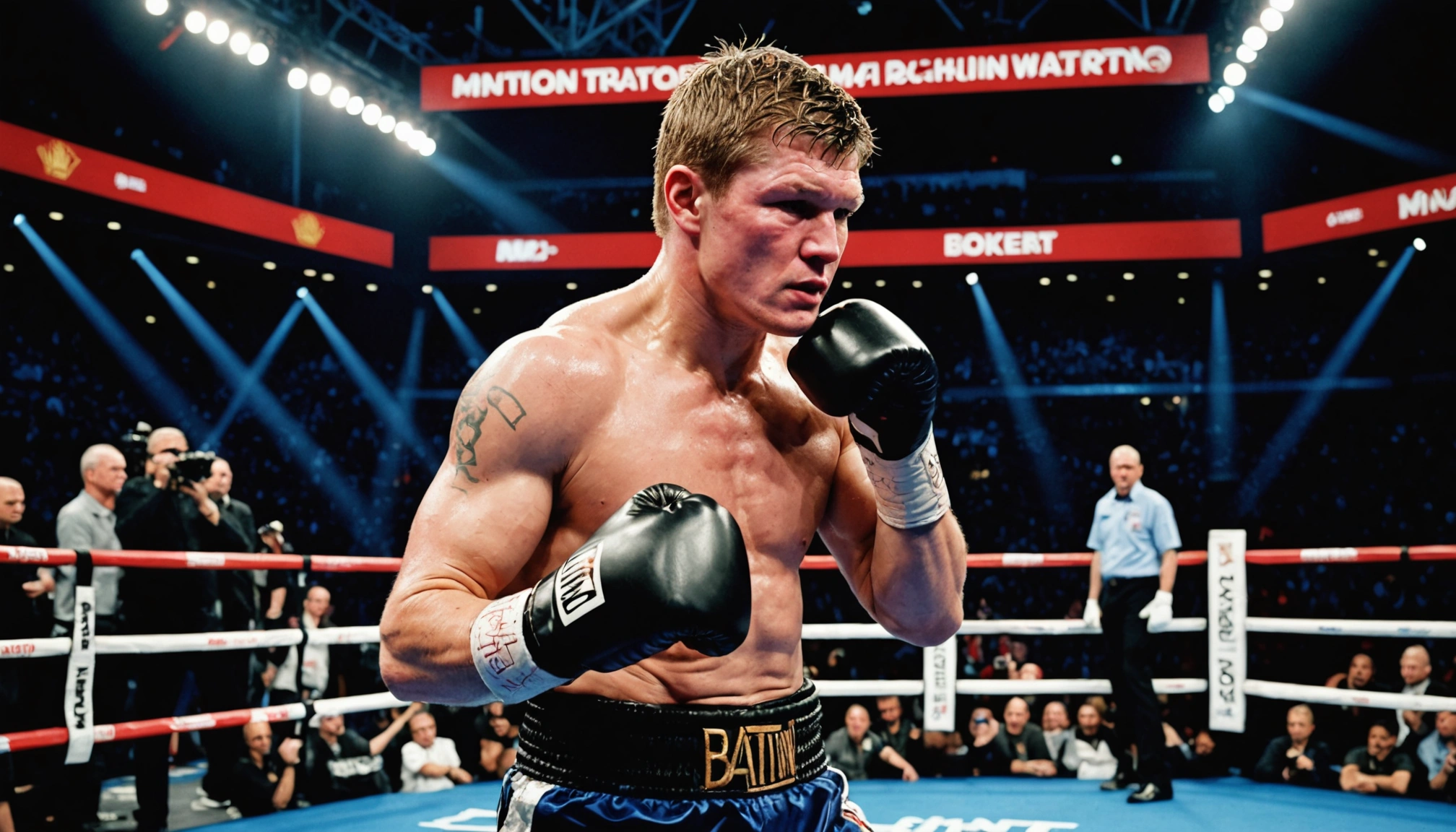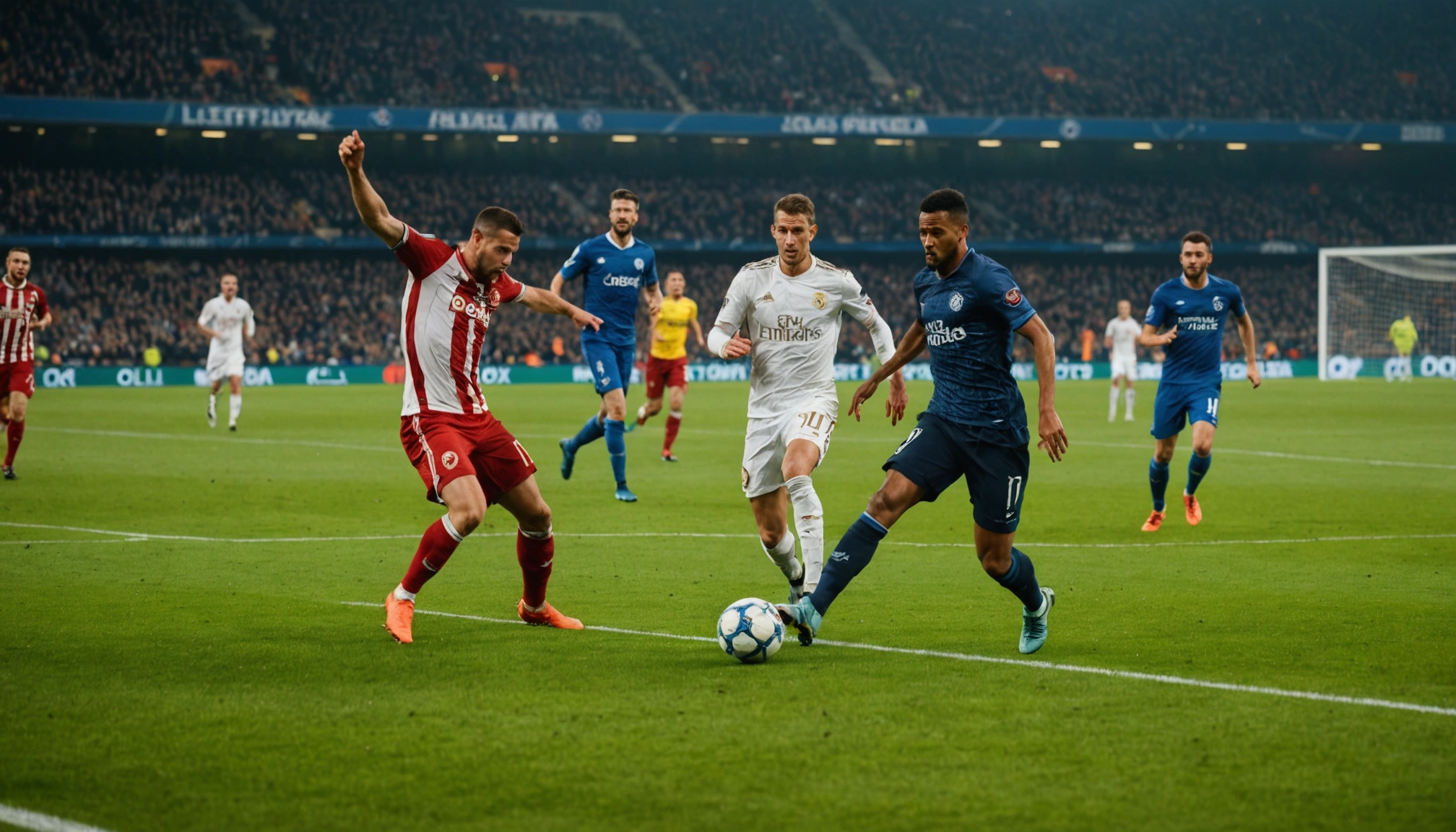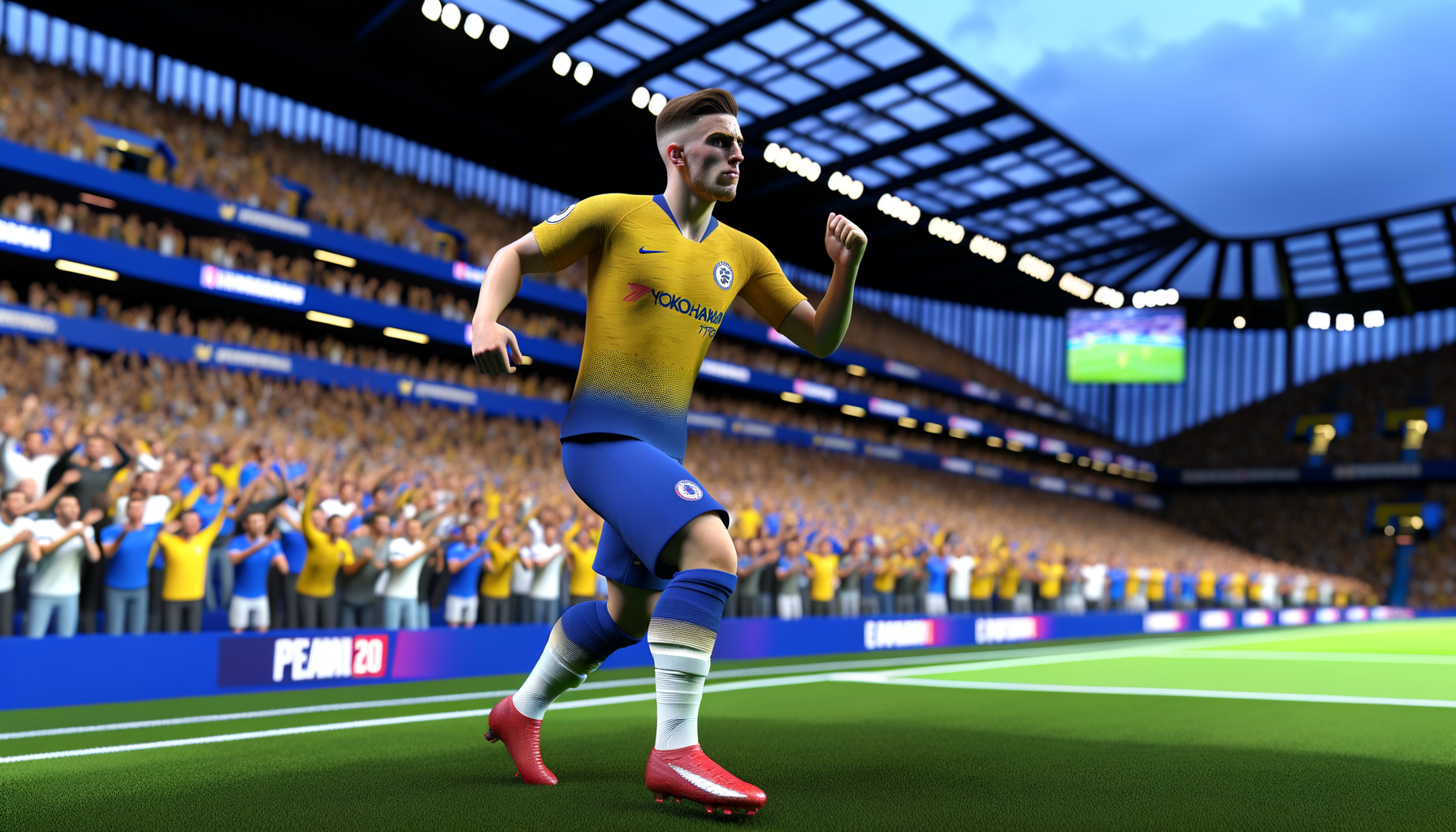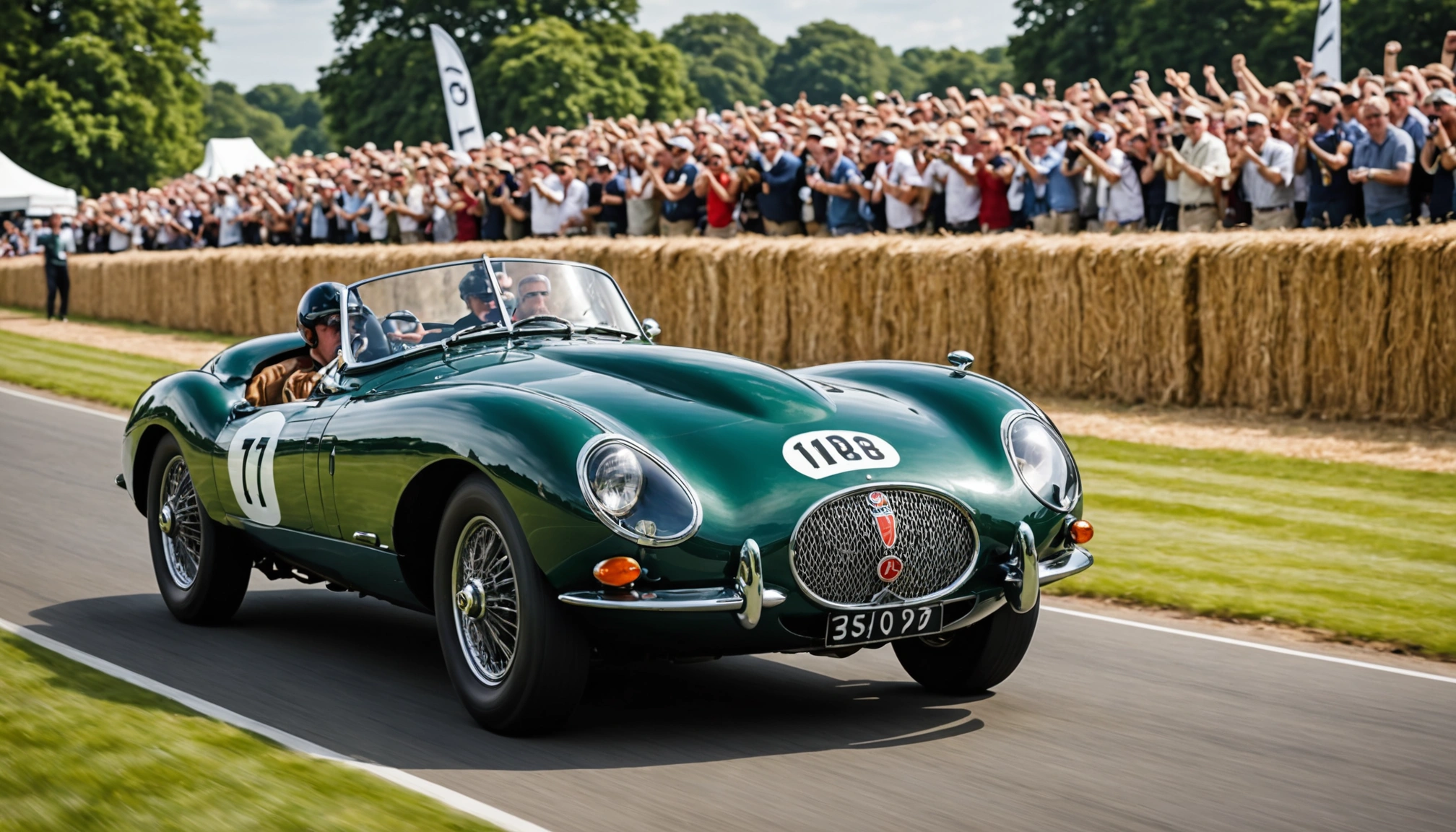Ricky Hatton: The Rise And Legacy Of A British Boxing Legend
Explore Ricky Hatton’s journey from local gyms to global boxing fame, his iconic fights, and enduring legacy in British sport.

By Editorial
The early days of a boxing icon
Ricky Hatton’s story begins far from the bright lights of Las Vegas or the roaring crowds of world title fights. Born and raised in Manchester, Hatton initially worked in his family’s carpet business after leaving school. Yet, his passion for boxing was ignited at the Sale chemical works social club, where he first laced up gloves as a teenager. Turning professional in 1997, he quickly made a name for himself with his relentless work ethic and distinctive fighting style.
Dominance in the light-welterweight division
Between 1999 and 2001, Hatton amassed multiple titles including the WBO and WBA inter-continental light-welterweight belts, alongside the British and WBU titles. His reign in the 140-pound class was marked by a record 15 successful defences of the WBU title from 2001 to 2004. Renowned for his vicious body punches, honed under coach Billy Graham, Hatton’s style was both aggressive and skilful, earning him a formidable reputation in British boxing circles.
The Tszyu victory: A career-defining moment
June 2005 marked a pivotal moment when Hatton defeated Kostya Tszyu, a legendary Russia-born Australian, to claim the Ring and IBF titles. This victory catapulted Hatton onto the global stage and highlighted his status as one of the top light-welterweights in the world. The fight showcased his trademark resilience and tactical nous, thrilling his growing fanbase.
Transition to welterweight and global acclaim
Following his unification of the light-welterweight titles, Hatton moved up to welterweight. In November 2005, he stopped Carlos Maussa, further solidifying his status and earning the prestigious Fighter of the Year awards from The Ring magazine, the Boxing Writers Association of America, and ESPN. His success continued in 2006 with a win over Luis Collazo, which secured the WBA welterweight title. Hatton’s fights became major sporting events, drawing thousands of passionate supporters.
Las Vegas super fights and high-profile showdowns
Hatton’s popularity soared with his five super fights in Las Vegas, beginning with a victory over Juan Urango in January 2007. One of his most memorable moments came when he defeated Mexican great Jose Luis Castillo in June 2007, entering the ring accompanied by Manchester United and England forward Wayne Rooney, a nod to his Manchester roots and close ties with local football stars.
However, his December 2007 clash with Floyd Mayweather Jr, widely considered one of the greatest pound-for-pound boxers, was a defining challenge. Despite being stopped in ten rounds, Hatton’s performance earned immense respect and solidified his place in British sporting folklore. The event attracted an estimated 30,000 fans to Las Vegas, demonstrating his global appeal.
Challenges and comebacks
After a tough loss to Mayweather, Hatton bounced back with wins over Juan Lazcano and Paulie Malignaggi in 2008, moments celebrated by fans and supported by notable British figures like Liam and Noel Gallagher of Oasis. Yet, his 2009 second-round defeat to Manny Pacquiao proved emotionally taxing. Following a brief retirement, Hatton attempted a professional comeback in 2012 but was defeated by Vyacheslav Senchenko.
Hatton’s legacy in British sport and boxing culture
Ricky Hatton’s influence extends beyond his titles and wins. He remains one of Britain’s most beloved fighters, known for his approachable personality and relentless fighting spirit. His third-place finish behind Joe Calzaghe in the 2007 BBC Sports Personality of the Year vote reflects his widespread admiration. Hatton’s career has inspired many aspiring boxers and contributed significantly to the popularity of boxing in the UK.
Why Hatton’s story resonates today
Hatton’s journey from a local social club to world champion resonates as a tale of dedication and grit. His ability to draw large, passionate crowds and engage with fans mirrored the community spirit found in other British sports scenes, such as football. For those interested in following major sporting events, resources like Sky Sports for EFL fixtures provide comprehensive viewing guides, showing how sport remains a unifying force across the UK.
Moreover, his connections to Manchester and football legends like Wayne Rooney highlight the interwoven nature of British sports culture. For insights on other regional sports highlights, see the County Cricket latest championship updates, illustrating the breadth of British sporting passion.
Conclusion: Remembering a British boxing great
Ricky Hatton’s career, marked by thrilling victories and challenging defeats, embodies the spirit of British boxing. His legacy is etched into sporting history as a fighter who combined skill, heart, and a genuine connection with fans. As the boxing community and wider sports world remember his impact, Hatton’s story continues to inspire new generations striving for greatness in the ring and beyond.
Related topics
Editorial
Sports expert at SportsScoop
Specialist in sports analysis and journalism
Related articles
Want to read more?
Explore our comprehensive collection of sports articles and analysis, or contact us for more information.



